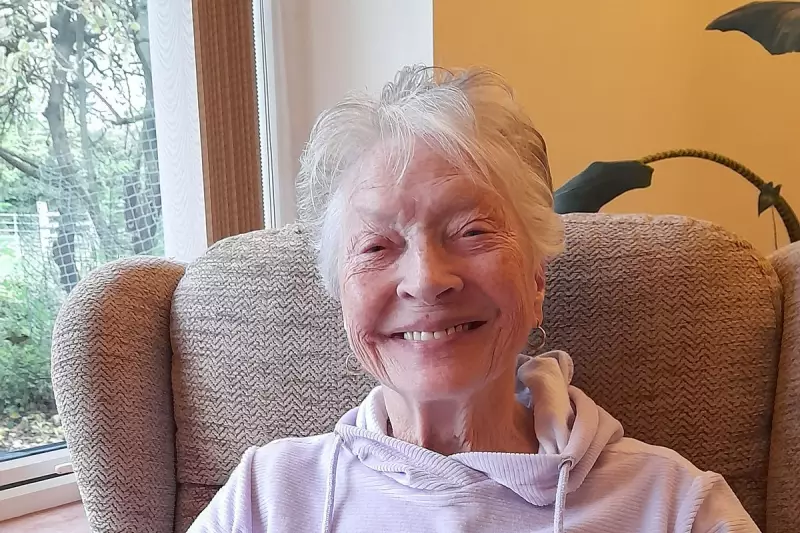
An 82-year-old grandmother diagnosed with an inoperable brain tumour has made an emotional plea for compassion from policymakers as the House of Lords debates legalising assisted dying.
The woman, who wishes to be known only as Ed from England, received her devastating diagnosis just six weeks ago and has been given a prognosis of two to three months to live.
The Bill and the Backlash
The Terminally Ill Adults (End of Life) Bill returns to the Lords chamber on Friday 14 November 2025 for its committee stage, marking a crucial moment in the long-running debate about end-of-life choices in England and Wales.
Ed described the current law as "cruel" and called on peers to acknowledge the "desperation" felt by people in her situation. She emphasised the importance of having control over one's final days, stating: "I think that as a caring society, we should accept that if people need support in their lives, they may also need support in their deaths."
The legislation has faced significant opposition, with some peers branding it a "'licence to kill' Bill" during September's debate. Opponents argue it could devalue human life and make death the default solution to suffering.
A Personal Plea for Dignity
Ed's life changed dramatically when scans revealed an inoperable tumour affecting multiple areas of her brain. Disturbingly, the tumour grew by approximately one third in just 10 days between two MRI scans.
Previously describing herself as "very fit and active" for her age, she now experiences vision problems and finds the uncertainty of her illness progression "quite scary."
She told the PA news agency: "Let's give people some dignity and choice in their life and support them. It's a whole-life thing, I think, to support people through life and through death, if that's what they want."
Political Hurdles and Timeline
The proposed legislation faces significant challenges, with more than 900 amendments tabled - the highest number ever for a piece of back bench legislation. Supporters worry opponents might employ delay tactics to prevent the Bill becoming law in the current parliamentary session.
For the Bill to succeed, both the House of Commons and House of Lords must agree on the final wording before spring, when this parliamentary session ends. If passed, the government would have four years to establish an assisted dying service, meaning the first assisted deaths might not occur until 2029/2030.
The legislation would allow terminally ill adults with fewer than six months to live to apply for an assisted death, subject to approval by two doctors and a panel including a social worker, senior legal figure and psychiatrist.
While this timeline means the law change would come too late for Ed, she hopes it will provide choice for others in future. She's already planning her "end-of-life celebration" to spare her family additional stress, and wishes she could have the same orderly approach to her actual death.
Her message to peers is clear: "Please don't employ delay tactics. Please let this Bill be addressed in proper time. Do your best to not prolong the concerns by delaying things. And also, I think, be honest and bite the bullet that we need help for people."






